





The College of Integrative Studies and the Wee Kim Wee Centre are proud to present the 7th Annual Wee Kim Wee Soka International Seminar on Global Peace and Understanding on 16 February 2023. The Soka International Seminar is an annual event focused on the Big Questions explored by Singapore Management University’s Core Curriculum, with the aim of advancing the frontiers of our queries through engagements with the public.
This year, the theme is Wealth and Poverty. Through critical engagement crossing multiple disciplinary boundaries, the Soka International Seminar 2023 examines new ways of thinking about the pursuits, pathways, and praxis of wealth and poverty in our contemporary world. Bringing together academics, policymakers, activists, artists and practitioners from different disciplines, the seminar aims to be a platform for open and constructive dialogue among key stakeholders and specialists to foster deeper understanding of how these two phenomena intersect and converge in ways that influence our everyday lives.
16 February 2023 (Thursday)
9.30am to 4.00pm – Panel Discussions
5.30pm to 7.00pm – Lecture Session
by Dr Janil Puthucheary
Organised by College of Integrative Studies and Wee Kim Wee Centre
Supported by Soka Gakkai Singapore


.png)
PROGRAMME
9.45am
OPENING REMARKS
Elvin Lim
Dean of College of Integrative Studies
Director Wee Kim Wee Centre
Singapore Management University
9.50am
WELCOME ADDRESS
Michael Yap
Vice General Director
Soka Gakkai Singapore
10.00am-11.30am
PANEL ONE — Stories from the Ground: Pursuits of Wealth and Experiences of Poverty
Making Connections across difference
Laavanya Kathiravelu
Associate Professor
Division of Sociology
Nanyang Technological University
This talk will delve into changing trends of migration and diversity in Singapore, demonstrating how perceptions of ethnic difference are compounded by experiences of competition for resources and a sense that the already-limited pie is shrinking for the ordinary Singaporean.
Mining the Potential of People from the vulnerable community
Ang Kian Peng
Chief Executive Officer
Samsui Kitchen
In this talk, Mr Ang will explain and discuss how people from vulnerable communities are likely to be unemployed or earn less than regular people and be in jobs with poor promotional prospects and working conditions. Many work in the unprotected, informal economy. aims to build a more inclusive local workforce. Mr Ang will share his own experiences and stories about how helping vulnerable workers with gainful employment, provides them with a sense of purpose and many intangible benefits.
The global displacement crisis and resource mobilization efforts in Singapore
Ann Moey
Partnerships Lead
UN Refugee Agency
United Nations High Commissioner for Refugees
The number of people forced to flee conflict, violence, human rights violations and persecution is now at the staggering milestone of 100 million, with the recent crisis in Ukraine joining a long list of terrible situations forcing people to flee. Many challenges face displaced individuals and families. These include navigating the complexities of new environments and experiencing difficulties accessing medical and educational services, safe shelter and livelihood opportunities. All sectors of society are doing their part to help. Humanitarian agencies like UNHCR are there to provide immediate lifesaving assistance like shelter, food and water, and also longer term solutions like access to education, healthcare, clean energy, livelihood opportunities , amongst others. Without sufficient funding however, the work of humanitarian organizations is limited. This talk will focus on the global displacement crisis as well as resource mobilization efforts in Singapore.
MODERATOR
Andrew Koh
Senior Lecturer of Computer Science
College of Integrative Studies and
School of Computing and Information Systems
Singapore Management University
11.30am-11.45am
TEA BREAK
11.45am-1.30pm
PANEL TWO — Pathways to Wealth: Inclusivity and Sustainability
Advancing green finance for sustainable development in Asia Pacific
Christoph Nedopil
Founding Director
Green Finance and Development Center
Fanhai International School of Finance (FISF)
Fudan University
Green finance has seen strong interest among policy makers and investors across developed and developing countries over the past 5 years. Yet, as a share of the total market, green finance remains small. To advance sustainable development across the Asia Pacific region, scaling green finance is paramount. The presentation will highlight the major bottlenecks and share lessons from other emerging and developed economies based on the Climate Finance report for the G20 in Indonesia, which was written by Prof. Nedopil.
Climate Change effect on the coastal area. How do the Households survive?
Khairul Nizam Abdul Maulud
Associate Professor
School of Engineering and Built Environment
Universiti Kebangsaan Malaysia
Climate change is causing sea-level rise, intense and frequent storm surge flooding, and significant shoreline erosion in Malaysian coastal areas. Coastal areas are already facing various risks due to increasing climate-related hazards that are likely to amplify with changing climate and make the households living in these areas even more vulnerable in terms of livelihoods and living conditions. Households living in the close vicinity of shoreline are constantly threatened by various climate change impacts. Community awareness towards climate change is a subject of considerable study as adequate knowledge is a preliminary step for adaptation decision making. An important question is how coastal communities perceive climatic variation, sea level rise and coastal hazard impacts and the socio-economic factors that affect their level of awareness. Households in coastal need capacity building and climate change awareness initiatives which would assist household to build adaptive capacity, increase resilience and reduce vulnerability to climate change.
When Gender Inequality And Financial Instability Intersect
Fannie Lim
Executive Director
Daughters Of Tomorrow Limited
While substantial progress is made to the position of women in the Singaporean society, any worthwhile attempt at understanding 'gender equality' calls for analysing beyond the binary categorisation of male and female. When gender inequality and financial instability intersect, it creates unique barriers faced only by women. Having assisted women from lower-income communities, Ms Fannie Lim, Executive Director of Daughters Of Tomorrow, will highlight the often-silent struggles endured during their day-to-day life and show why poverty needs to be analysed through a gender lens. As the world, including Singapore, recovers from Covid-19 pandemic, understanding the barriers faced at the intersection of women’s issues and poverty is timely.
Sustainability and Digitalization: A Perspective from Digital Currencies
Heng Wang
Professor of Law
Yong Pung How School of Law
Singapore Management University
Digitalization not only brings opportunities but also faces new issues and uncertainties (e.g., environment impact). It is demanding regarding governance, which helps to ensure sustainability and inclusivity. How to ensure digitalization itself is environment-friendly? How could digitalization contribute to sustainable development? What is the role of law here? This paper explores these issues from the perspective of central bank digital currency, the digital version of fiat currency (e.g., the possible digital dollar), which would profoundly affect the society in the digital age.
MODERATOR
Eric Fesselmeyer
Assistant Professor of Economics (Education)
College of Integrative Studies
Singapore Management University
1.30pm-2.00pm
LUNCH BREAK
2.00pm-3.45pm
PANEL THREE — Rethinking Wealth and Poverty: Beyond the Conventional Praxis
The Prosperity Ethic: Neoliberal Christianity and the Rise of the New Prosperity Gospel in the Philippines
Jayeel Cornelio
Associate Professor of Development Studies
Associate Dean for Research and Creative Work
Ateneo de Manila University
A new prosperity gospel is emerging in the Philippines. We call it the prosperity ethic. Its dimensions set it apart from the previous incarnation of the prosperity gospel, which emphasized tithing and confessing. The prosperity ethic values upward mobility and uses biblical principles for the acquisition of practical skills to become rich. We make our case by drawing on the writings of two of the most influential prosperity-oriented preachers in the country. Three dimensions are evident: the morality of wealth (believing right), the prescribed mindset (thinking right), and the practical skills to accumulate wealth (doing it right). The rise of the prosperity ethic is related to major shifts in the economy since the 1990s. For sanctifying individual hard work and desire, the new prosperity gospel is emblematic of neoliberal Christianity in the Philippines today.
Climate Justice in the Movies: Propaganda, Critical Thinking, or Conspiracy Theories?
Kenneth Paul Tan
Professor of Politics, Film, and Cultural Studies
Hong Kong Baptist University
In our world of abundant resources, poverty, inequality, and environmental degradation continue to be among the most intractable problems today. As the world continues relentlessly to pursue its growth and development agendas, will these conditions worsen? Or will there be renewed prospects for remaking our world to bring about greater democracy, justice, and creativity without compromising prosperity and security? Kenneth Paul Tan discusses the role that popular movies can play in generating awareness, critical thinking, and transformative action with regard to climate justice.
A Luxury We Cannot Afford?: Rethinking the Value of Poetry in Singapore
Crispin Rodrigues
Poet and Educator
Eunoia Junior College
In 1968, the former-Prime Minister Lee Kuan Yew once remarked that “poetry is a luxury we cannot afford” (Koh, 2021). While many such as Koh Tai Ann have looked at the value of Singapore literature (affectionately called Sing Lit) within the parameters of a literary education, this presentation focuses on the wider social arena, and provides a survey of how various stakeholders in the Sing Lit scene such as Sing Lit Station, Poetry Festival Singapore, the Migrant Writers of Singapore and the various Spoken Word event organisers have employed creative writing (mostly poetry) as an enabling and democratising force for greater participation in the larger national conversation.
The Theory of More
Imran Manaff
Managing Director and Producer
Maya Dance Theatre
What and why do we crave for more? For More money? More fame? More materials? Based on his personal interpretation of the concept, The Theory of More, Imran will share about how it has inspired him to create artistic expressions to nurture the value of inclusivity through Maya Dance Theatre – Diverse Abilities Dance Collective (DADC) . The Theory of More juxtaposes and also propels the act of “giving back” to society, creating a community, addressing inclusivity and wellness and these values stand as tenets of Imran’s creative producing works for the company.
Moderator
Ng Teng Kuan
Assistant Professor of Religious Studies
College of Integrative Studies
Singapore Management University
3.45pm-3.50pm
Closing Remarks
Ng Teng Kuan
Assistant Professor of Religious Studies
College of Integrative Studies
Singapore Management University
3.50pm-5.00pm
BREAK
5.00pm-5.30pm
ON-SITE REGISTRATION
5.30pm-7.00pm
Lecture session:
Future of meritocracy under ForwardSG
Dr Janil Puthucheary
Senior Minister of State
Ministry of Communications and Information
Meritocracy is a cornerstone of Singapore’s success. However, as society progresses, there is risk of privilege being entrenched across generations, affecting social equality and mobility. How can we build a more open and compassionate meritocracy in Singapore, where every Singaporean has the opportunity to thrive, grow and realise their aspirations, regardless of their starting point in life? In this address, Dr Janil Puthucheary will share more about the aspirations for meritocracy under Forward SG. He also looks forward to a conversation with young Singaporeans on shaping a better, more equitable future for Singapore.
Moderator
Aidan Wong
Assistant Professor of Urban Studies (Education)
College of Integrative Studies
Singapore Management University
SPEAKERS
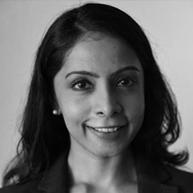
Laavanya Kathiravelu
Associate Professor
Division of Sociology
Nanyang Technological University
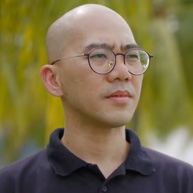
Ang Kian Peng
Chief Executive Officer
Samsui Kitchen
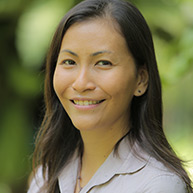
Ann Moey
Partnerships Lead
UN Refugee Agency
United Nations High Commissioner for Refugees
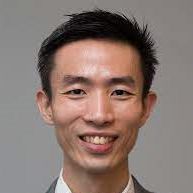
Andrew Koh
Senior Lecturer of Computer Science
College of Integrative Studies and
School of Computing and Information Systems
Singapore Management University
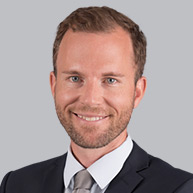
Christoph Nedopil
Founding Director,
Green Finance and Development Center
Fanhai International School of Finance (FISF)
Fudan University
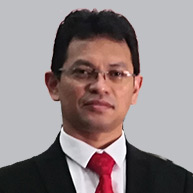
Khairul Nizam Abdul Maulud
Associate Professor
School of Engineering and Built Environment
Universiti Kebangsaan Malaysia
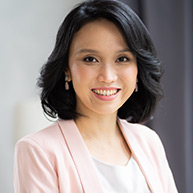
Fannie Lim
Executive Director
Daughters Of Tomorrow Limited
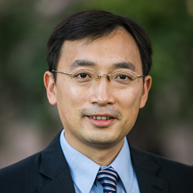
Heng Wang
Professor of Law
Yong Pung How School of Law
Singapore Management University
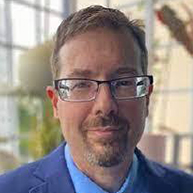
Eric Fesselmeyer
Assistant Professor of Economics (Education)
College of Integrative Studies
Singapore Management University
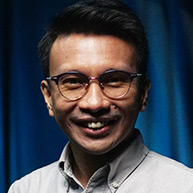
Jayeel Cornelio
Associate Professor of Development Studies
Associate Dean for Research and Creative Work
Ateneo de Manila University
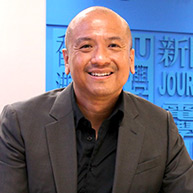
Kenneth Paul Tan
Professor of Politics, Film, and Cultural Studies
Hong Kong Baptist University (HKBU)
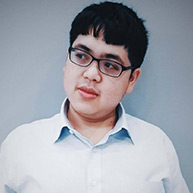
Crispin Rodrigues
Poet and Educator
Eunoia Junior College
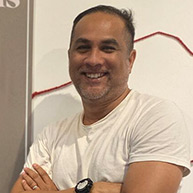
Imran Manaff
Managing Director and Producer
Maya Dance Theatre
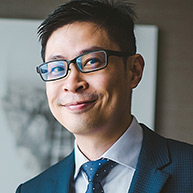
Ng Teng Kuan
Assistant Professor of Religious Studies
College of Integrative Studies
Singapore Management University
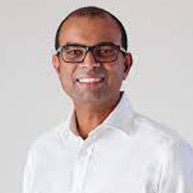
Dr Janil Puthucheary
Senior Minister of State
Ministry of Communications and Information
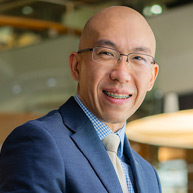
Aidan Wong
Assistant Professor of Urban Studies (Education)
College of Integrative Studies
Singapore Management University
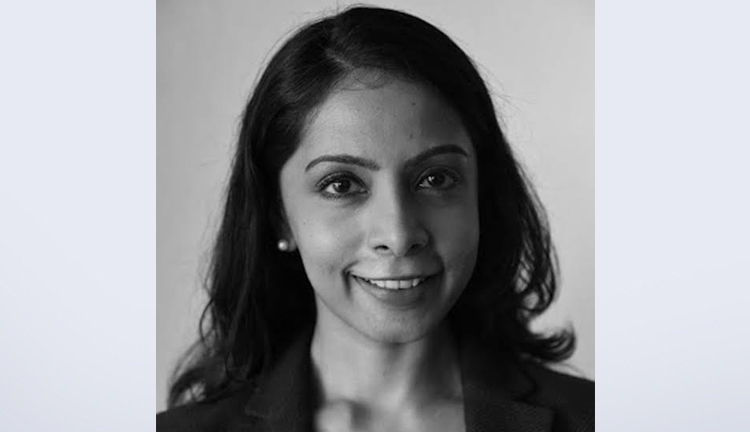
Laavanya Kathiravelu is Associate Professor at the Division of Sociology, Nanyang Technological University, Singapore. Her research and teaching interests lie in the intersections between migration & citizenship, urban studies, and race and ethnicity. She was Fung Global Fellow at Princeton University between 2015-2016 and was a Postdoctoral Research Fellow at the Max Planck Institute for the Study of Religious and Ethnic Diversity. Laavanya is a board member of the migrant welfare NGO, HOME (Humanitarian Organisation for Migration Economics) as well as the civil society group AWARE. She was a Fulbright Fellow at the City University of New York in 2022.
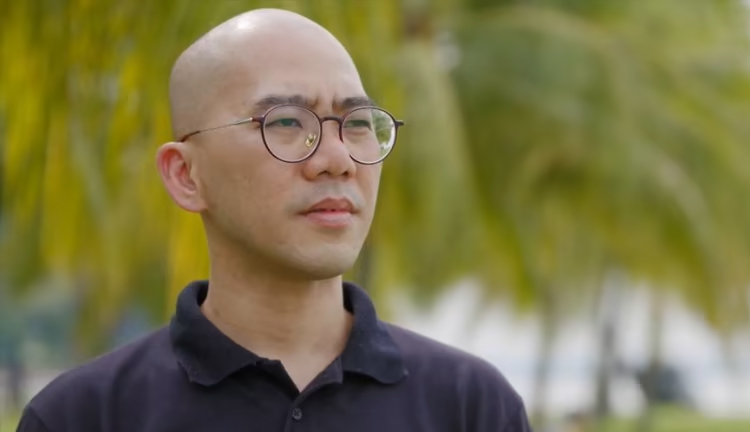
Mr Ang Kian Peng, Founder of Samsui Kitchen , Founder/ Advisor for The Social Kitchen. Both social enterprises focus on helping people from the vulnerable community to become self sufficient by providing meaningful jobs to them. Samsui Kitchen is manned by underprivileged people who prepare food for nursing homes, effectively incorporating the ‘available’ manpower from the underprivileged group to give back to another sector of society. As the director of Samsui Supplies & Services, Ang Kian Peng, says, “We realised the food served at nursing homes was limited, so we decided to use our F&B skills and professional chefs to provide them with quality and reasonably priced food. Why not turn our CSR into a long-term solution for them?”
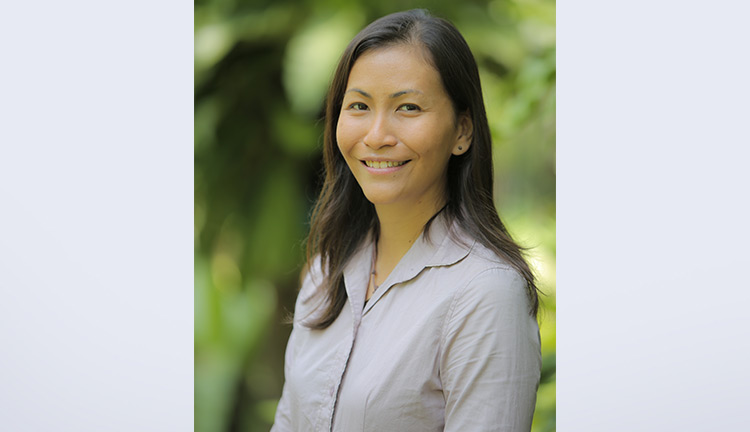
Ann has over 17 years of experience in the humanitarian and development sector in Singapore, Lao PDR, and Thailand. She is currently the Partnerships Lead for UNHCR, the UN Refugee Agency, where her primary focus is to mobilise resources from companies, foundations and individuals, in support of displaced communities worldwide. Prior to joining UNHCR, Ann was the Head of Communications and Private Sector for IUCN (International Union for Conservation of Nature) Asia. In that role, Ann led all communications, marketing, and private sector engagement across the organization’s 11 Asian country offices. Ann has also had managerial stints with a renewable energy social enterprise, a national sports association, and a disaster relief NGO.
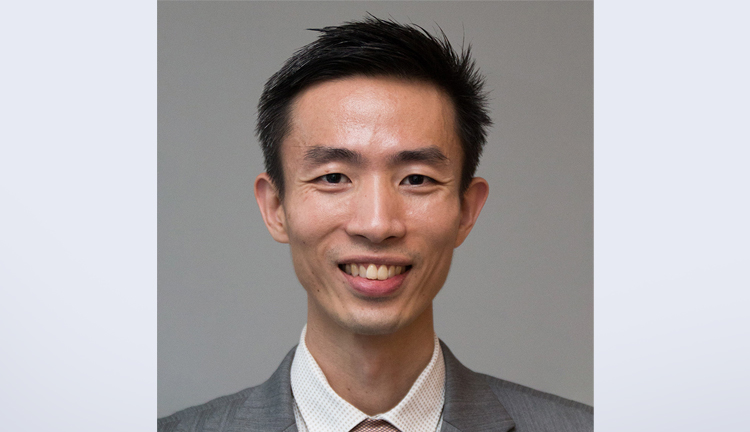
Dr Andrew Koh is a senior lecturer at Singapore Management University, where he teaches "AI and Humanity" and "Digital Technologies and Sustainability". Early years of his career was devoted to farming as a means for poverty alleviation and education of university graduates in Cambodia. He currently researches on enhancing the well being of the migrant workers community in Singapore through technology. Previous positions held include a Partner Seller (Analytics) at Microsoft and Assistant Director at Ministry of Manpower (ACE). His work experience through the non-profit, corporate and governmental sectors lend him an integrative perspective which he aims to empower the next generation with. He received his PhD in computational imaging in 2008.
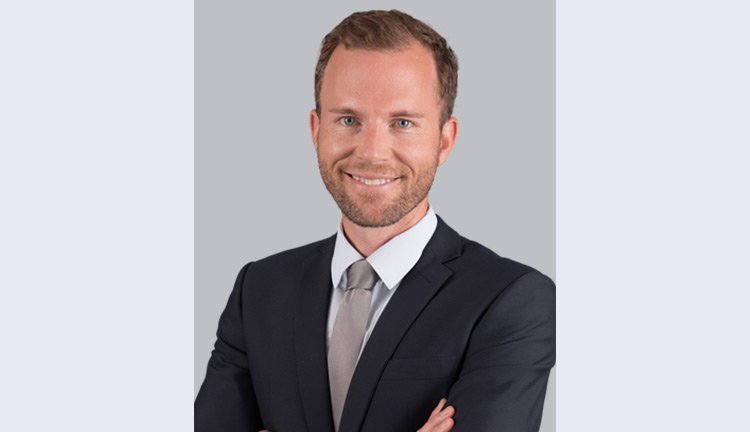
Dr. Christoph Nedopil is Associate Professor of Practice in Economics and Director of the Green Finance and Development Center at the Fanhai International School of Finance (FISF), Fudan University. He is also a Senior Research Fellow at the Central University of Finance and Economics (CUFE) in Beijing, China, and a Visiting Faculty at Singapore Management University (SMU). Christoph regularly provides expertise to governments, financial institutions, enterprises and civil society to accelerate the application of sustainable finance. He works with the China Council for International Cooperation on Environment and Development (CCICED), the Chinese Ministry of Commerce, as well as various private and multilateral finance institutions (e.g. ADB, IFC, UNESCAP) and international governments. He is the lead author of the UNDP SDG Finance Taxonomy, the Green Development Guidance Baseline Study of the BRI Green Development Coalition under the Chinese Ministry of Ecology and Environment, and has authored four books, dozens of articles, and research reports. Christoph is serving as board director and supports various companies in scaling sustainability in businesses and finance. Christoph is quoted regularly in Bloomberg, Financial Times, Reuters, Science. Before joining FISF, he served as Director for the IIGF Green BRI Center in Beijing, and worked in over 15 countries with the World Bank. Christoph holds a Master of Engineering and a PhD in Economics from the Technical University Berlin, as well as a Master of Public Administration from Harvard Kennedy School.
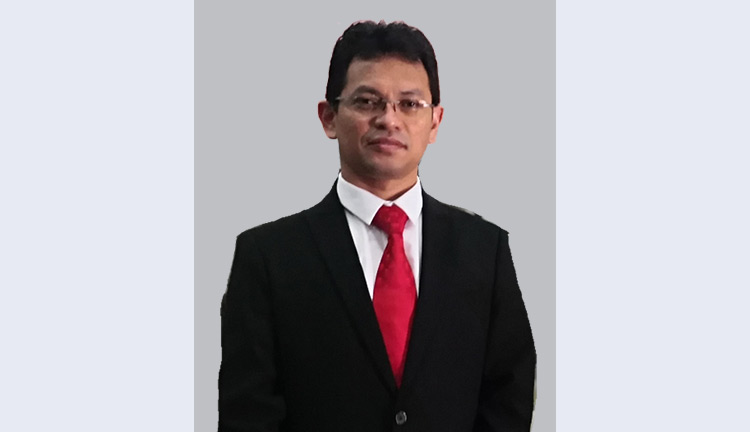
Sr Ts. Gs. Dr. Khairul Nizam Abdul Maulud is an Associate Professor at the Faculty of Engineering and Built Environment, Universiti Kebangsaan Malaysia. He was also appointed as the Head of Earth Observation Centre, Institute of Climate Change, Universiti Kebangsaan Malaysia. Currently, he has published more than 124 journal papers, 39 books and chapters in book and 88 proceedings in national and international proceedings. He has successfully completed almost 20 water-related projects including sea-level rise, geospatial analysis, land-use changes, water quality, shoreline erosion, water management using GIS and Coastal Vulnerability Index. He now led high-impact research on climate change, especially on the physical and economic impacts. He also is an expert panel for the government of Malaysia, especially in coastal geomorphology, geospatial analysis and spatial water quality analysis.
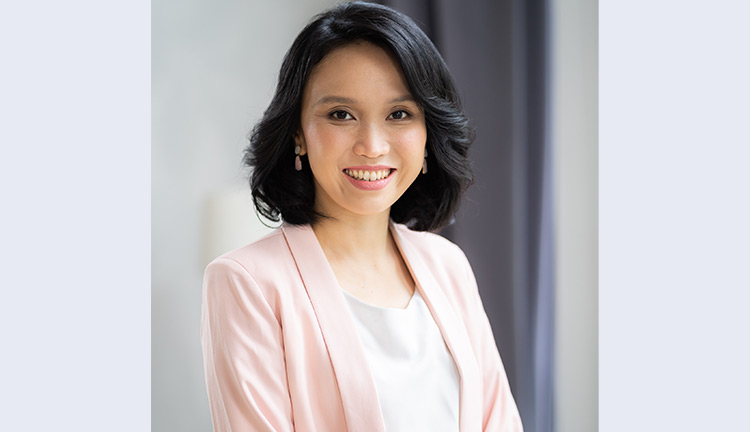
Fannie Lim is the Executive Director of Daughters Of Tomorrow (DOT), a local charity with IPC that is enabling livelihoods for underprivileged women and their families in Singapore. Since 2014, DOT has impacted more than 1000 women through community mobilization to provide them with skills, confidence and access to sustainable job opportunities. Backed by an amazing team, she is relentless in her pursuit to raise awareness about urban poverty in one of the richest countries in the world. She is also a strong collaborator with private, public and non-profit sectors to uplift lower-income families towards social mobility through economic stability. Her great aspirations and unwavering dedication for this mission are grounded in her belief that every person, like a seed has the potential to blossom and thereby has a destiny to fulfil and contribute to build a stronger society. She is raising 3 children together with her husband and on the occasion of self-care, appreciates a solitary session with “teh c siu dai” while listening in to podcast or having a book in hand.
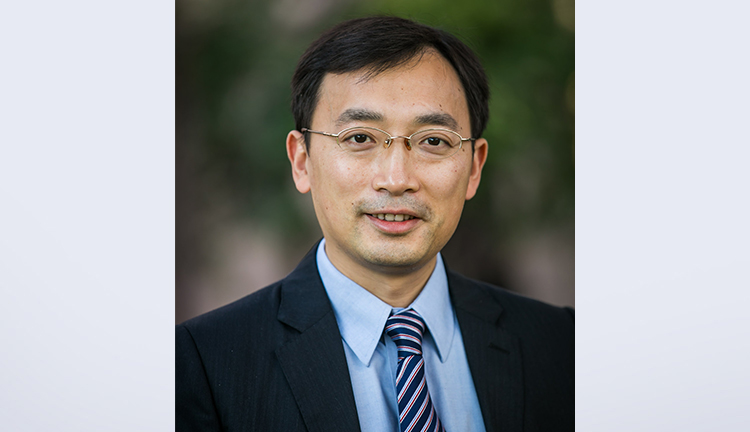
Heng Wang is a Professor of Law at Yong Pung How School of Law, Singapore Management University (SMU). Before joining SMU, he was a professor and a founding co-director of UNSW Law & Justice's Herbert Smith Freehills China International Business and Economic Law (CIBEL) Centre. He was a founding co-director of Tsinghua-UNSW Joint Research Centre for International Commercial and Economic Law. Heng is a recipient of major grants and awards, including being named Australia's research field leader in international law by The Australian newspaper’s Research 2020 magazine. His current research focuses on digitalization, sustainability, and the future of international economic relationship.
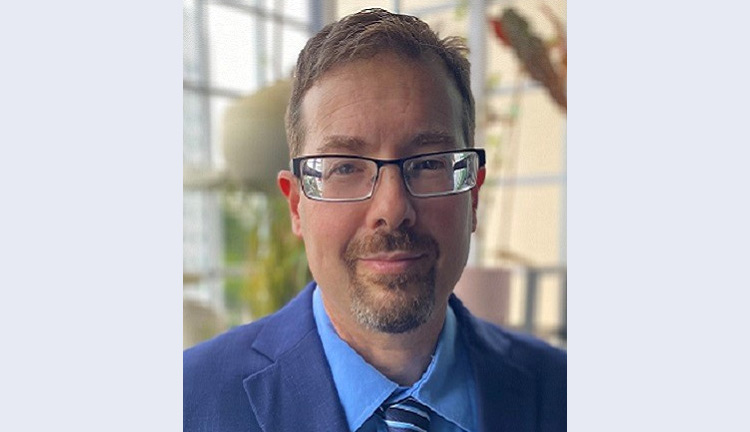
Eric Fesselmeyer is an economist with a PhD in Economics from the University of Virginia, and a master’s degree in Economics from Duke University. He studies urban, housing, and environmental issues, with a focus on Singapore. Recent research papers analyze urban density, inner-city blight, and how climate change and heat affect urban behaviour, including commuting patterns, leisure/work time allocation, and residential location decisions. He has taught economics and data analysis for nearly 14 years to undergraduate, graduate, and MBA students.
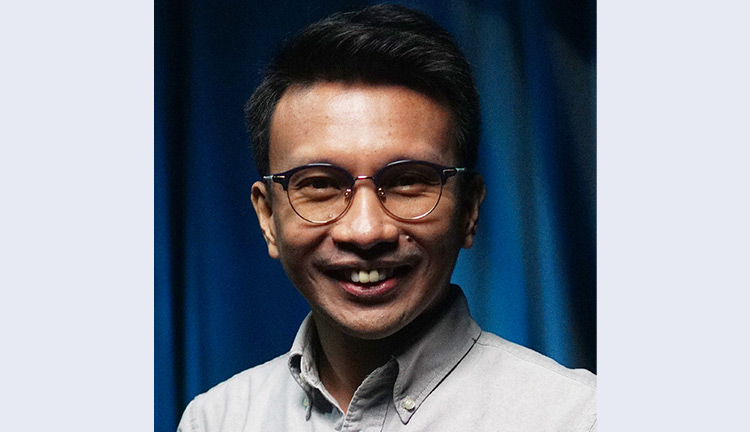
Jayeel Cornelio is Associate Professor of Development Studies and the Associate Dean for Research and Creative Work at the Ateneo de Manila University. He has written extensively on religion and public life in the Philippines. He is the author of Being Catholic in the Contemporary Philippines: Young People Reinterpreting Religion (2016) and lead editor of the Routledge International Handbook of Religion in Global Society (2021). In a documentary, Channel News Asia describes him as the 'leading sociologist of religion in the Philippines'. Jayeel, who holds the PhD in sociology from the National University of Singapore, engages the public through various faith-based advocacies and as a regular columnist for Rappler.
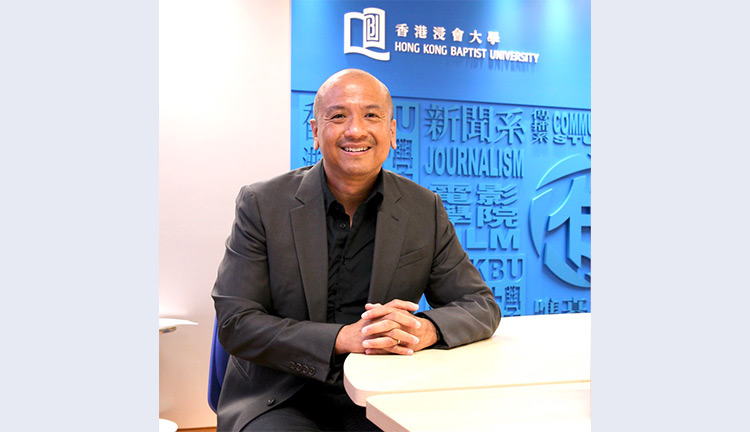
Kenneth Paul Tan is a tenured Professor of Politics, Film, and Cultural Studies at Hong Kong Baptist University (HKBU). He teaches and conducts interdisciplinary research at the Academy of Film, the Department of Journalism, the Department of Government and International Studies, and the Smart Society Lab. His recent books include Movies to Save Our World: Imagining Poverty, Inequality and Environmental Destruction in the 21st Century (Penguin, 2022), Singapore's First Year of COVID-19: Public Health, Immigration, the Neoliberal State, and Authoritarian Populism (Palgrave Macmillan, 2022), Singapore: Identity, Brand, Power (Cambridge University Press, 2018), and Governing Global-City Singapore: Legacies and Futures After Lee Kuan Yew (Routledge, 2017).
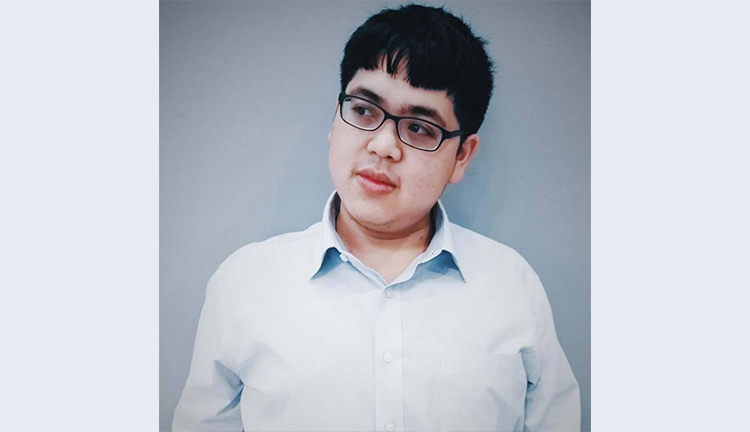
Crispin Rodrigues is a poet, educator and literary event organiser. He has published three collections of poetry, and is the co-editor of an anthology of unpublished Singapore youth poets. He was also a Virtual Writer-in-Residence with the National Centre for Writing, Norwich. He has his own literary podcast called Sporeken Word, which you can follow at @sporeken.word. He currently teaches English Literature at Eunoia Junior College.
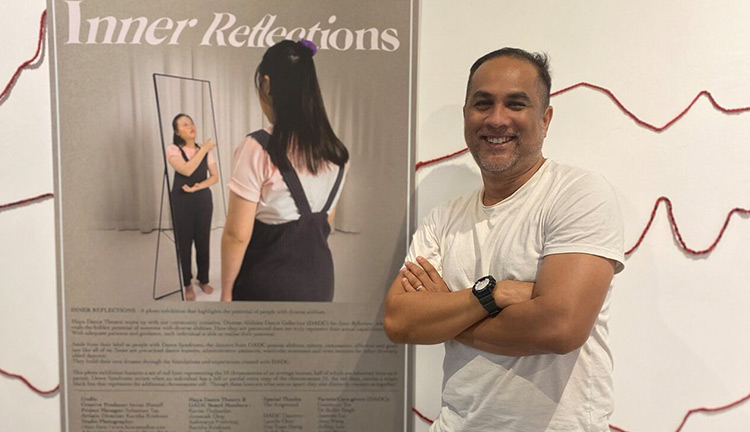
Imran Manaff an avid creative producer is the co-founder and managing director of Maya Dance Theatre (MDT), recipient of National Arts Council’s SEED Grant (2012-2015). “The Cold that Creeps in with a Thousand Cuts” (2016) was an independent work produced by Imran and beyond Singapore, the work toured to Tanzmesse (Germany) and I Dance Festival (Hong Kong). In 2019, MDT’s International Collaboration with IP Tanz (Germany) and Imran gave rise to a photo exhibition, ‘+/-‘ focused on Body Image. The pandemic inspired Imran to feature an online solo photographic exhibition, Sky Lines and collaboratively create a web-based digital work, “Behind Closed Doors”, addressing loneliness among seniors. His recent curation, Inner Reflections, a photo exhibition highlighted the potential of diversely abled individuals from DADC. Imran is a strong advocate for digital poverty in our society today and is part of Singapore International Foundation (SIF) Arts for Good Fellowship (2022).
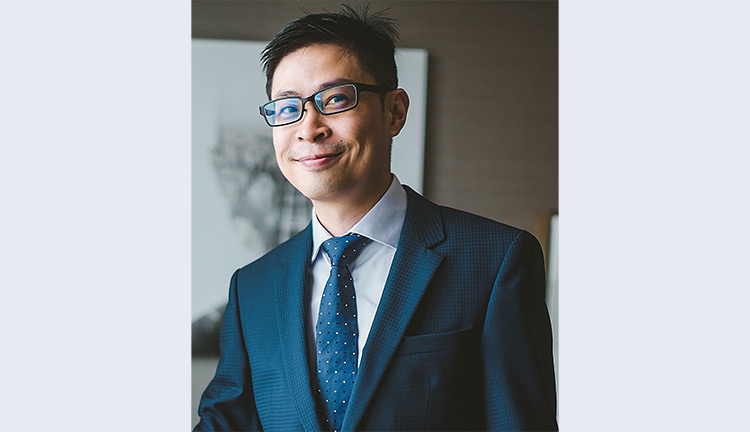
Ng Teng Kuan is Assistant Professor of Religious Studies at SMU’s College of Integrative Studies. His primary research revolves around the interdisciplinary study of religion and cinema in Asian contexts. His work – which extends to the fields of Buddhist studies, Chinese philosophy, religion & economics, and world Christianity – has appeared in The Journal of Religion & Popular Culture, Religions, Buddhist-Christian Studies, Literature & Theology, and the Database of Religious History. He holds an A.B. from Princeton University, an M.A. from Fuller Theological Seminary, an M.T.S. from Harvard Divinity School, and a Ph.D. from Georgetown University.
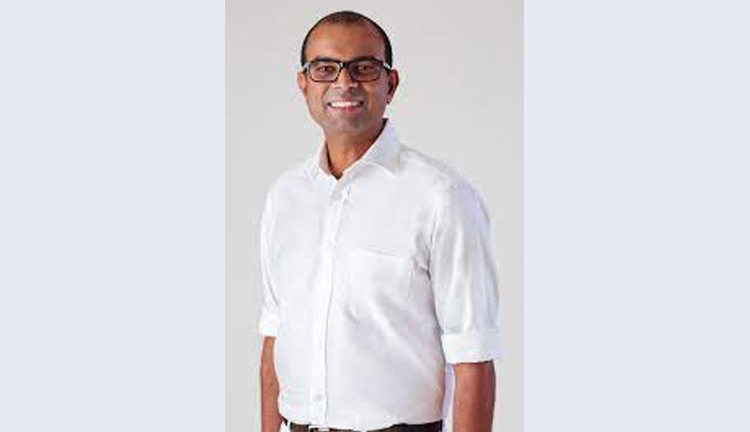
Dr Janil Puthucheary is Senior Minister of State at the Ministry of Communications and Information and the Ministry of Health. He is also Minister-in-Charge of GovTech, the government technology agency, and a member of the Smart Nation Inter-Ministerial Committee. Dr Janil chairs the Inter-Agency Task Force on Mental Health and Well-being and is also a member of the National Integration Council and an Advisor to Cyber Youth Singapore. Dr Janil is a board member of the People’s Association, as well as Advisor to PA Youth Movement and Narpani Peravai. He chairs OnePeople.sg, which works to promote racial harmony in Singapore.
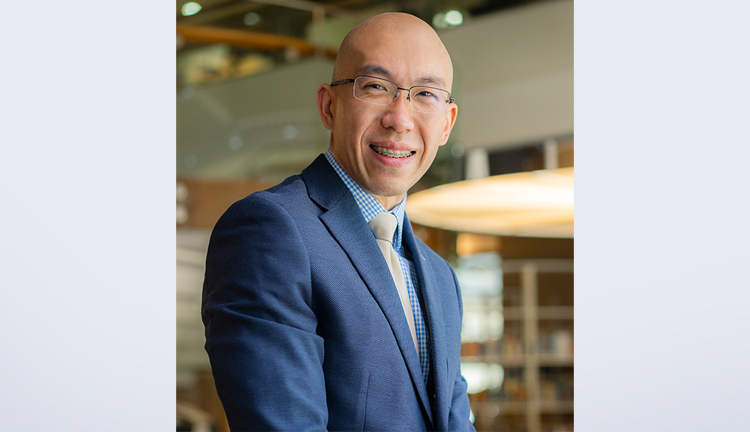
Aidan Wong is Assistant Professor of Urban Studies (Education) in the College of Integrative Studies at Singapore Management University. Trained as a Geographer, Aidan’s research interests include debates on the politics of heritage, global economic change and public geographies. In addition to this, Aidan has been researching on waste and the politics and practices of electronic waste management for more than a decade, and is more recently engaged in qualifying and quantifying the impact of the extended producer responsibility framework in Singapore. Within SMU, he has researched on the impact of online teaching and learning on the core curriculum, particularly at how better collaboration, inclusivity and scalability can be adopted.